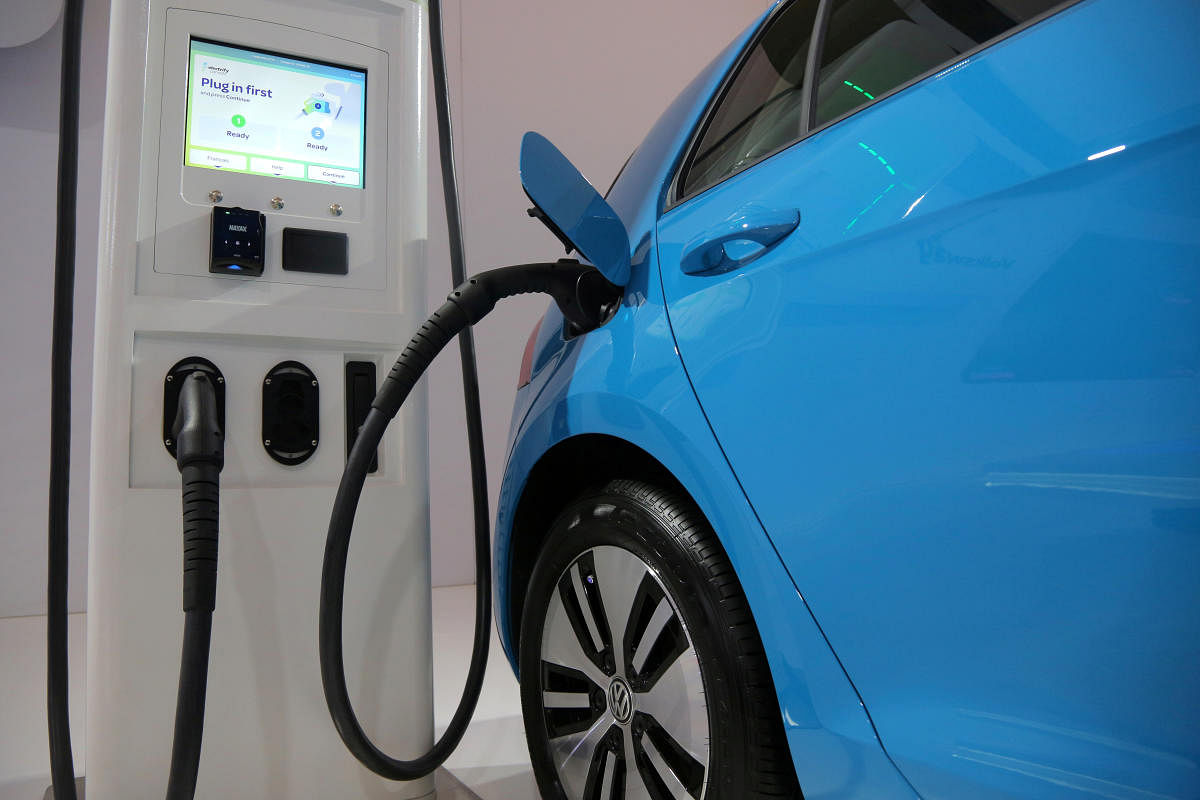
The Indian Institute of Technology (IIT) Guwahati on Saturday announced the development of a 'Smart Engineer,' an Artificial Intelligence-assisted engineering system design tool, that promises to push penetration of Electric Vehicles (EV) on Indian roads.
The 'Smart-Engineer,' built by the e-mobility lab (EML) at IIT Guwahati seeks to address one of the primary hurdles in indigenizing the EV technology — lack of trained human resources in engineering design and system integration. "A key challenge posed by EV technology is how can a pool of trained human resources with the technical know-how be created in the shortest possible time. IIT Guwahati's EML has been working towards addressing this critical challenge using AI. In the first phase, the EML has developed an AI-based electric motor designer that helps a novice design engineer to design a motor for EV application, without the need for much intervention from experts," the IIT said in a statement.
The tool has been developed by a team comprising four Ph.D and Masters Students — Rajendra Kumar, Bikash Sah, Ankit Vishway, and Rajendra Kumar — by leveraging IBM Watson AI Platform and IBM Cloud.
In Smart-Engineer, the knowledge base of expert motors designers is captured and programmed using IBM Watson’s AI platform hosted on IBM Public Cloud. Eventually, the Smart-Engineer enables the fresh engineer to learn from the collective knowledge and wisdom of the experts without necessarily having to interact with them. Whenever the design engineer has to seek an answer to their questions, they can consult the Smart-Engineer and get the answers, said the statement.
Quoting Praveen Kumar, a professor of electronics and engineering, the statement said, "The current version of Smart-Engineer is able to address the fundamentals involved in the design of induction motors. The early results are very promising, and we now intend to expand the capability of Smart-Engineer to include the finer aspects of motor design."
Smart-Engineer will enable companies to store and maintain the collective knowledge of expert engineers, which in turn can preserve and promote further theoretical and practical advancements in design thinking/ philosophy. Eventually, the collective knowledge and wisdom will be used and further enriched by the next generation of engineers. We hope that in the coming years, AI technology will go a long way to retrain the working professionals and fresh engineers in the area of e-mobility, said the statement.